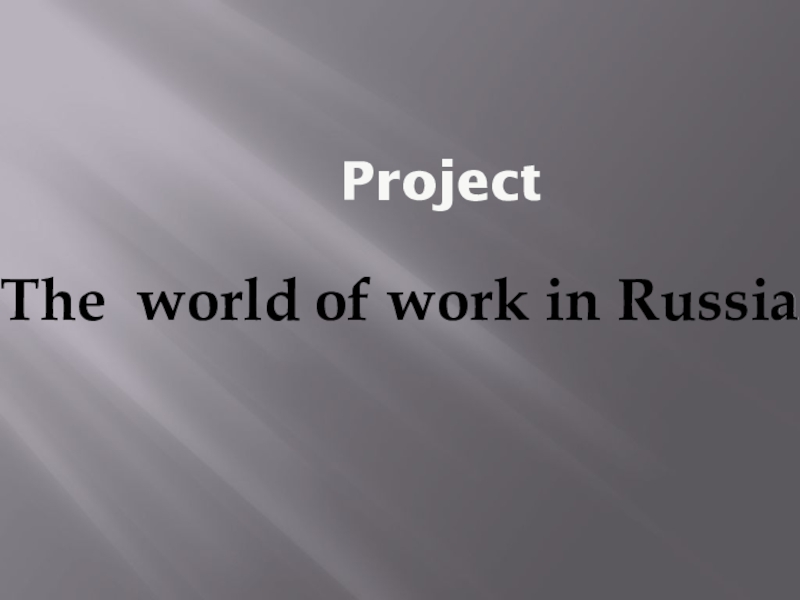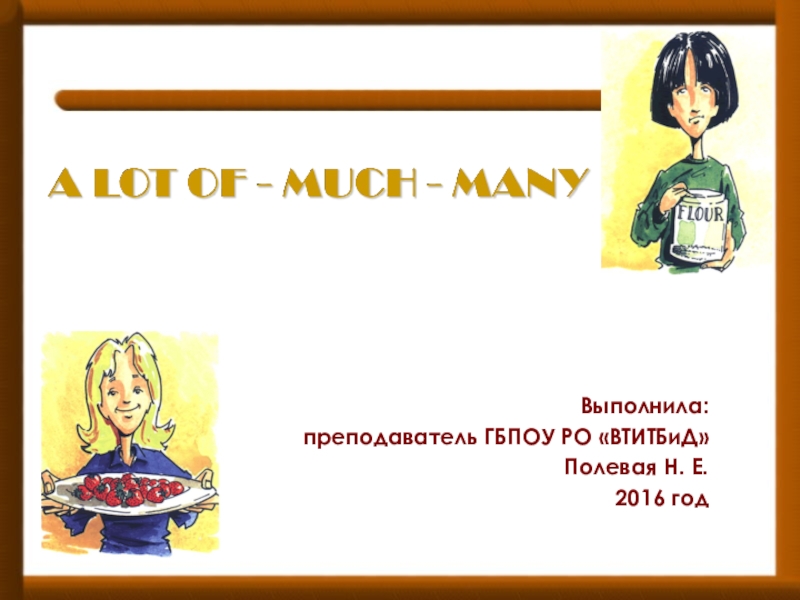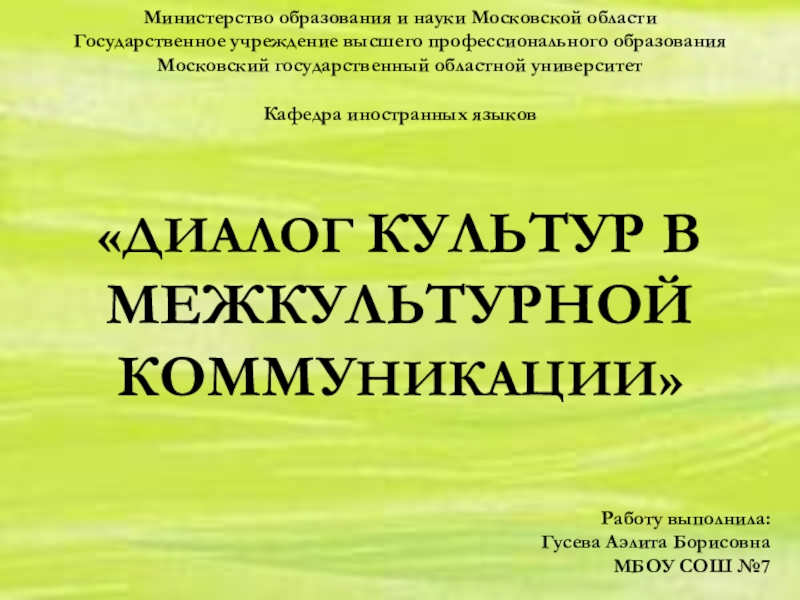- Главная
- Разное
- Образование
- Спорт
- Естествознание
- Природоведение
- Религиоведение
- Французский язык
- Черчение
- Английский язык
- Астрономия
- Алгебра
- Биология
- География
- Геометрия
- Детские презентации
- Информатика
- История
- Литература
- Математика
- Музыка
- МХК
- Немецкий язык
- ОБЖ
- Обществознание
- Окружающий мир
- Педагогика
- Русский язык
- Технология
- Физика
- Философия
- Химия
- Шаблоны, фоны, картинки для презентаций
- Экология
- Экономика
Презентация, доклад по английскому языку на тему The Constitution of the Republic of Kazakhstan
Содержание
- 1. Презентация по английскому языку на тему The Constitution of the Republic of Kazakhstan
- 2. Слайд 2
- 3. Marking
- 4. The Constitution of the Republic of Kazakhstan
- 5. Слайд 5
- 6. Work with the new words
- 7. The ConstitutionAdopted in August 30, 1995 republican
- 8. We, the people of Kazakhstan, united by
- 9. A constitution consists of 9 divisions, 98
- 10. Igor Rogov Chairman of the Constitutional Council
- 11. GENERAL PROVISIONSArticle 1 1. The Republic of
- 12. GENERAL PROVISIONSArticle 3 1.The people shall be
- 13. Task #3Please read and say if these
- 14. Keys:1-T 2-T
- 15. Task #4Match the words with their definitions:1.
- 16. Keys:1-f 2-d
- 17. Task #5 InterviewWho makes laws
- 18. Task #6 Cinquain
- 19. Home work: Ex.6 p.131
- 20. Слайд 20
- 21. THANKS FOR YOUR
Marking
Слайд 7The Constitution
Adopted in August 30, 1995 republican referendum. Came into effect
on September 5, 1995.
The amendments and additions made by Law of the Republic of Kazakhstan of October 7, 1998,
Law of the Republic of Kazakhstan of May 21, 2007, Law of the Republic of Kazakhstan of February 2, 2011. In accordance with the Decree of the President of the Republic of Kazakhstan of September 6, 1995 №2454 «Of the Constitution of the Republic of Kazakhstan » the original of the text of Constitution is kept by President of the Republic.
The amendments and additions made by Law of the Republic of Kazakhstan of October 7, 1998,
Law of the Republic of Kazakhstan of May 21, 2007, Law of the Republic of Kazakhstan of February 2, 2011. In accordance with the Decree of the President of the Republic of Kazakhstan of September 6, 1995 №2454 «Of the Constitution of the Republic of Kazakhstan » the original of the text of Constitution is kept by President of the Republic.
Слайд 8
We, the people of Kazakhstan, united by a common historic fate,
creating a state on the indigenous Kazakh land, considering ourselves a peace-loving and civil society, dedicated to the ideals of freedom, equality and concord, wishing to take a worthy place in the world community realizing our high responsibility before the present and future generations, proceeding from our sovereign right, accept this Constitution.
Бiз, ортақ тарихи тағдыр бiрiктiрген Қазақстан халқы, байырғы қазақ жерiнде мемлекеттiлiк құра отырып, өзiмiздi еркiндiк, теңдiк және татулық мұраттарына берiлген бейбiтшiл азаматтық қоғам деп ұғына отырып, дүниежүзiлiк қоғамдастықта лайықты орын алуды тiлей отырып, қазiргi және болашақ ұрпақтар алдындағы жоғары жауапкершiлiгiмiздi сезiне отырып, өзiмiздiң егемендiк құқығымызды негiзге ала отырып осы Конституцияны қабылдаймыз.
Бiз, ортақ тарихи тағдыр бiрiктiрген Қазақстан халқы, байырғы қазақ жерiнде мемлекеттiлiк құра отырып, өзiмiздi еркiндiк, теңдiк және татулық мұраттарына берiлген бейбiтшiл азаматтық қоғам деп ұғына отырып, дүниежүзiлiк қоғамдастықта лайықты орын алуды тiлей отырып, қазiргi және болашақ ұрпақтар алдындағы жоғары жауапкершiлiгiмiздi сезiне отырып, өзiмiздiң егемендiк құқығымызды негiзге ала отырып осы Конституцияны қабылдаймыз.
Слайд 9A constitution consists of 9 divisions, 98 articles:
Section I. General Provisions
(articles 1-9)
Section II. The Individual and Citizen (articles 10-39)
Section III. The President (articles 40-48)
Section IV. The Parliament (articles 49-63)
Section V. The Government (articles 64-70)
Section VI. The Constitutional Council (articles 71-74)
Section VII. Court and justice (articles 75-84)
Section VIII. Local public administration and self-administration (articles 85-89)
Section IX. Concluding and transitional provisions (articles 90-98)
Section II. The Individual and Citizen (articles 10-39)
Section III. The President (articles 40-48)
Section IV. The Parliament (articles 49-63)
Section V. The Government (articles 64-70)
Section VI. The Constitutional Council (articles 71-74)
Section VII. Court and justice (articles 75-84)
Section VIII. Local public administration and self-administration (articles 85-89)
Section IX. Concluding and transitional provisions (articles 90-98)
Слайд 10Igor Rogov Chairman of the Constitutional Council of the Republic of
Kazakhstan (Қазақстан Республикасы Конституциялық Кеңесінің Төрағасы)
Слайд 11GENERAL PROVISIONS
Article 1
1. The Republic of Kazakhstan proclaims itself a democratic,
secular, legal and social state whose highest values are an individual, his life, rights and freedoms.
2. The fundamental principles of the activity of the Republic are public concord and political stability; economic development for the benefit of the nation.
Article 2 1. The Republic of Kazakhstan is a state with a presidential form of government. 2. The sovereignty of the Republic extends to its entire territory. 3. The administrative and territorial division of the Republic of Kazakhstan, location and states of its capital are determined by law. 4. The names “Republic of Kazakhstan” and “Kazakhstan” have the same meaning.
Article 2 1. The Republic of Kazakhstan is a state with a presidential form of government. 2. The sovereignty of the Republic extends to its entire territory. 3. The administrative and territorial division of the Republic of Kazakhstan, location and states of its capital are determined by law. 4. The names “Republic of Kazakhstan” and “Kazakhstan” have the same meaning.
Слайд 12GENERAL PROVISIONS
Article 3
1.The people shall be the only source of the
state power.
2.The state power in the Republic of Kazakhstan is unified and executed on the basic of the Constitution and laws in accordance with the principle of its division into the legislative, executive and judicial branches and a system of checks and balances that governs their interaction.
Article 9 The Republic of Kazakhstan shall have its state symbol - the flag, emblem and anthem. Their description and order of official use shall be established by the Constitutional Law.
2.The state power in the Republic of Kazakhstan is unified and executed on the basic of the Constitution and laws in accordance with the principle of its division into the legislative, executive and judicial branches and a system of checks and balances that governs their interaction.
Article 9 The Republic of Kazakhstan shall have its state symbol - the flag, emblem and anthem. Their description and order of official use shall be established by the Constitutional Law.
Слайд 13Task #3
Please read and say if these facts about Kazakhstan true
or false:
1. The main law of the state is the Constitution.
2. Kazakhstan is a unitary state with the presidential form of government.
3. The President is elected for a four-year term by voting.
4. The parliament is the highest representative body in Kazakhstan. 5. The voting age is twenty. 6. The head of the government, the Prime Minister, is often given responsibility over the economy. 7. The constitutional Council is elected for a period of five years.
8. The Republic of Kazakhstan proclaims itself a democratic, secular, legal and social state.
9. Public concord and political stability and economic development for the benefit
of the nation are the fundamental principles.
10. The names “Republic of Kazakhstan” and “Kazakhstan” do not have the same
meaning.
11. The people shall not be the only source of state power.
12. The sovereignty of the Republic extends to its part of territory.
1. The main law of the state is the Constitution.
2. Kazakhstan is a unitary state with the presidential form of government.
3. The President is elected for a four-year term by voting.
4. The parliament is the highest representative body in Kazakhstan. 5. The voting age is twenty. 6. The head of the government, the Prime Minister, is often given responsibility over the economy. 7. The constitutional Council is elected for a period of five years.
8. The Republic of Kazakhstan proclaims itself a democratic, secular, legal and social state.
9. Public concord and political stability and economic development for the benefit
of the nation are the fundamental principles.
10. The names “Republic of Kazakhstan” and “Kazakhstan” do not have the same
meaning.
11. The people shall not be the only source of state power.
12. The sovereignty of the Republic extends to its part of territory.
Слайд 15Task #4
Match the words with their definitions:
1. Constitution
a. is the leader of the republic.
2. Council b. is the place where legal trials take place
and where crimes are judged.
3. President c. is a member of the law-making senate.
4. A senator d. is a group of people who are elected to
govern a country or a city.
5. The Supreme Court e. is an occasion when all the people of the
country can vote on an important issue (question).
6. Referendum f. is the main law of the country.
2. Council b. is the place where legal trials take place
and where crimes are judged.
3. President c. is a member of the law-making senate.
4. A senator d. is a group of people who are elected to
govern a country or a city.
5. The Supreme Court e. is an occasion when all the people of the
country can vote on an important issue (question).
6. Referendum f. is the main law of the country.
Слайд 17Task #5 Interview
Who makes laws in Kazakhstan?
What is
written in Constitution?
What political parties of Kazakhstan do you know?
What independent offices of the state you know?
How much years the president elected by direct universal suffrage?
When the first president of the Republic of Kazakhstan was elected?
Who is a head of the Constitutional
Council of the Republic of Kazakhstan?
What political parties of Kazakhstan do you know?
What independent offices of the state you know?
How much years the president elected by direct universal suffrage?
When the first president of the Republic of Kazakhstan was elected?
Who is a head of the Constitutional
Council of the Republic of Kazakhstan?


























